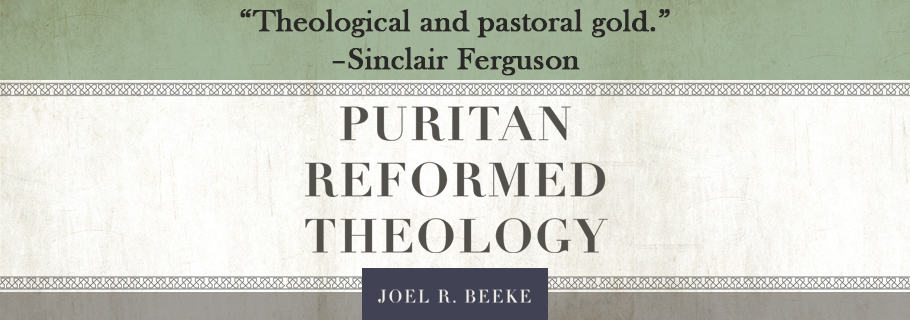This week the blog is sponsored by RHB Publications, and adapted from Joel R. Beeke, Puritan Reformed Theology.
The church should stand against worldly infiltration and not look like spiritualized culture. How do we live out our Lord’s command in Matthew 5?
Ye are the salt of the earth: but if the salt have lost his savour, wherewith shall it be salted? It is thenceforth good for nothing, but to be cast out, and to be trodden under foot of men. (Matthew 5:13)
The world despises godly Christians, regarding Christian holiness as hypocrisy, Christian purity as priggish moralism, and Christian righteousness as the seedbed of hatred.
But this situation is nothing new. Our Lord Jesus said, “Blessed are they which are persecuted for righteousness’ sake: for theirs is the kingdom of heaven” (Matt. 5:10). If we live according to the Word of God, we will be persecuted
What, then, are Christians to do? How can we be salt in our world so that we can resist evil, do good, and move unbelievers to glorify God as our Father in heaven? One answer is to draw from the wisdom of the English Puritans. The eighteenth-century evangelist George Whitefield (1714–1770) observed: “Ministers never write or preach so well as when under the cross… . It was this, no doubt, that made the Puritans … such burning and shining lights.”
The Puritans lived under a cross of hostility and persecution. Undaunted, they persevered and have many helpful things to say about how Christians should look at this text and influence the world as salt.
William Perkins (1558–1602) taught, “Christ said that we are not just ‘salt’ but ‘the salt of the earth,’ implying that His disciples have a commission to make disciples among all nations (Matt. 28:19).”
A primary use of salt in a world without refrigeration is to keep meat and fish from rotting. John Ley (1583– 1662), a Westminster divine, explains Matthew 5:13 this way, “I have chosen you to season and preserve those who are corruptible by sin: as salt suffereth not flesh to corrupt.” Both Perkins and Ley show us our responsibility to be salt of the earth to our world.
Our Lord adds a warning for us here: “But if the salt has lost his savour, wherewith shall it be salted? It is thenceforth good for nothing.” We dare not assume that just because we call ourselves Christians that we are being the salt of the earth.
Salt can also irritate. John Trapp (1601–1669) reminds us salt has a “sharpness” to its flavor, and adds, “Ye are salt, not honey.” We must be willing to stand for the truths our culture finds most offensive.
Yet, George Swinnock (1627-1673) wrote, that Christians must be “courteous” and not “rugged” with counseling people, “He that pleaseth all men in all things is the likeliest to save some (1 Cor. 10:33)… . We may gain their love by soft words … Courtesy, like the loadstone [magnet], will draw even iron to it.”
Being salt also adds a crucial complement to the preaching of the Word. Richard Baxter (1615-1691) said, “The good works or lives of Christians is a great means ordained by Christ for the convincing of sinners, and the glorifying of God in the world. Preaching doeth much, but it is not appointed to do all.”
So, here we have 5 ways the Puritans can guide us to be the salt of the earth:
Take up your responsibility to be salt to the world.
Know where your resources truly come from.
Be careful, lest you lose your saltiness.
Mix your saltiness with sweetness.
Lift your vision for Christian life and witness as high as the gospel itself.
The Word preached must become the Word practiced.










